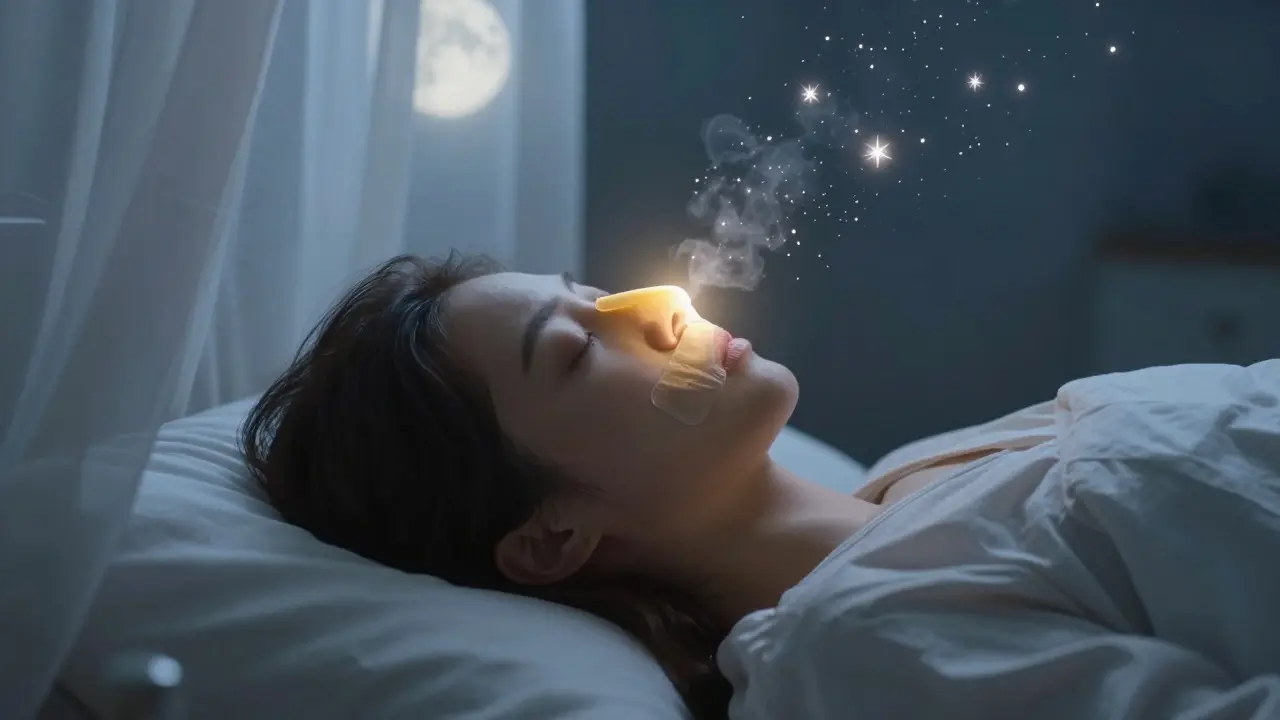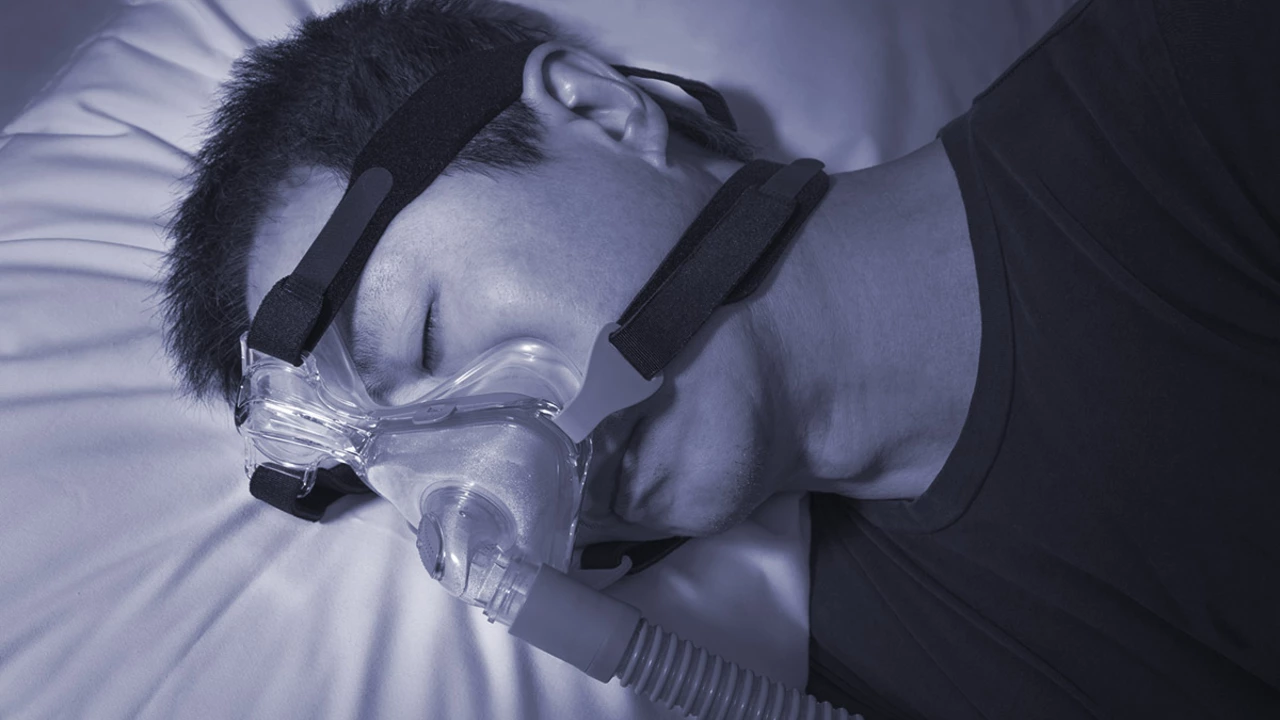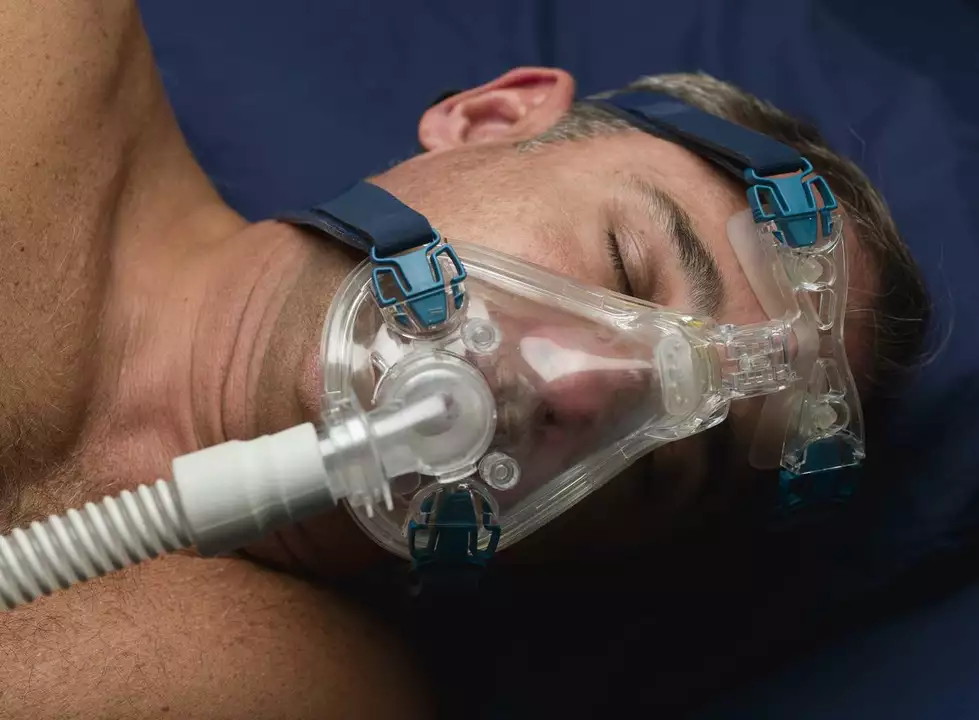Sleep Apnea: What It Is and How to Deal With It
If you wake up feeling tired even after a full night’s sleep, you might be dealing with sleep apnea. It’s a condition where your breathing stops or gets shallow for short bursts while you’re asleep. Those pauses can happen dozens of times an hour, messing up the quality of your rest.
Spotting the Signs
The biggest clues are loud snoring and feeling exhausted during the day. You might also notice sudden gasps or choking sounds at night, dry mouth in the morning, or trouble concentrating. If a partner says you stop breathing for a few seconds, that’s a red flag.
Getting It Checked
The first step is to see a doctor who can order a sleep study – either at a clinic or at home with a portable device. The test tracks your breathing, oxygen levels and heart rate while you snooze. Based on the results, they’ll tell you how severe your apnea is and suggest next steps.
Most people with mild to moderate sleep apnea can start with lifestyle tweaks: lose extra weight, avoid alcohol before bed, and try sleeping on your side instead of your back. These changes alone help many folks breathe easier at night.
If those fixes aren’t enough, the go‑to solution is CPAP (continuous positive airway pressure). A small machine pushes air through a mask to keep your airway open. It can feel weird at first, but most users get used to it within a few weeks and notice big improvements in energy and mood.
Other options include oral appliances that move the jaw forward or, in severe cases, surgery to remove excess tissue from the throat. Your doctor will match the treatment to how bad your apnea is and what fits your lifestyle.
Living with sleep apnea isn’t something you have to ignore. Even simple steps like adjusting sleep position or using a humidifier can make a difference. If you suspect you have it, schedule that sleep study – catching it early means better health and more energy for everything else in life.

Mouth taping for sleep has gone viral, but medical experts warn it's unsafe for people with undiagnosed sleep apnea. Learn what the science says about its real risks and better alternatives.
Read More
Recent studies have shown a surprising connection between an enlarged prostate and sleep apnea. It seems that men suffering from an enlarged prostate, or benign prostatic hyperplasia (BPH), are more likely to also experience sleep apnea. The exact nature of this relationship is still under investigation, but the correlation is strong. Researchers believe that the hormonal changes that occur with BPH might contribute to sleep apnea. This new insight might provide a pathway to improved treatment for both conditions.
Read More
As a blogger, I've come across various health topics, and one that's caught my attention recently is the long-term effects of untreated breathing disorders. Breathing disorders, like sleep apnea and asthma, can severely impact one's health and daily life if left untreated. Over time, they can lead to serious complications like heart disease, high blood pressure, and even stroke. Moreover, the constant fatigue and poor sleep quality can affect mental health and overall well-being. It's crucial to consult a healthcare professional if you suspect you have a breathing disorder, as early diagnosis and treatment can help prevent long-term consequences.
Read More